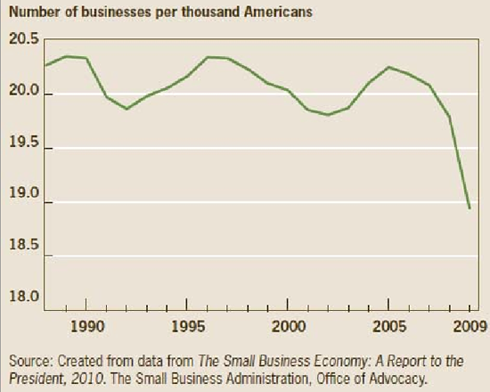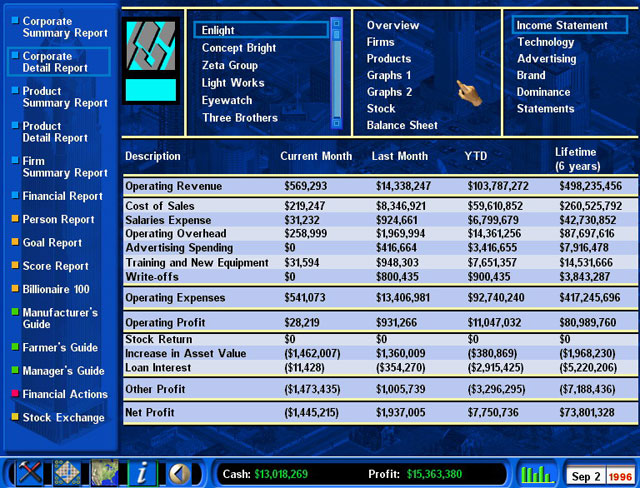

The reason is that productivity, a seemingly wonky concept, really reflects a society's basic character. In truth, productivity has long baffled economists. But research by economist John Fernald of the San Francisco Fed finds that the slowdown started before the slump. It's tempting to blame the productivity slowdown on the Great Recession, reflecting depressed business investment and long-term unemployment. At 3 percent, incomes double in about 25 years at 2 percent, about 35 years at 1 percent, around 70 years. These differences have huge implications for wages and incomes. That's less than half the average growth of 2 percent since the late 1940s and one-third of the 3 percent rate of the first two decades after World War II.

From 2009 to 2014, it has averaged a meager 0.9 percent annually, according to the Bureau of Labor Statistics. Unfortunately, productivity's performance since the Great Recession has been abysmal.


Weaker productivity growth in turn means weaker wage and income growth. But the recent reductions in forecast growth imply a dimmer outlook for innovation, as measured by labor productivity (output per hour worked). Relatively speaking, there will be more retirees and fewer workers. Even before the financial crisis, an aging society was expected to lower growth. In the wake of the Great Recession, economists have reduced forecasts of future economic growth. It generates the wealth needed to raise incomes and dampen social conflicts. And society's capacity to innovate is crucial. Although buying another company may enhance the acquiring firm's innovation, it doesn't add much to society's. However, what works for the firm may work less well for society. Unable to expand internally - by creating new products or entering new markets - companies rely on M&A for growth. The popularity of M&A actually involves economic weakness. Some M&A deals make sound business sense others suggest managerial empire-building.īut a larger issue transcends individual deals. Now, there are many motives for mergers: to minimize competition to reduce costs by eliminating overlapping operations to acquire a hot product or technology (which can be peddled on existing sales platforms) to enter new geographic markets or to get bigger. In 2014, worldwide M&A totaled $3.5 trillion, up 47 percent from the year before, reports Thomson Reuters. Mergers and acquisitions have become a staple of modern capitalism. Last week, we had decisions from FedEx to buy the Dutch delivery company TNT for $4.8 billion and from Royal Dutch Shell to acquire the BG Group, a British natural gas company, for $70 billion. WASHINGTON - On any given day, you can expect news of major corporate mergers.


 0 kommentar(er)
0 kommentar(er)
